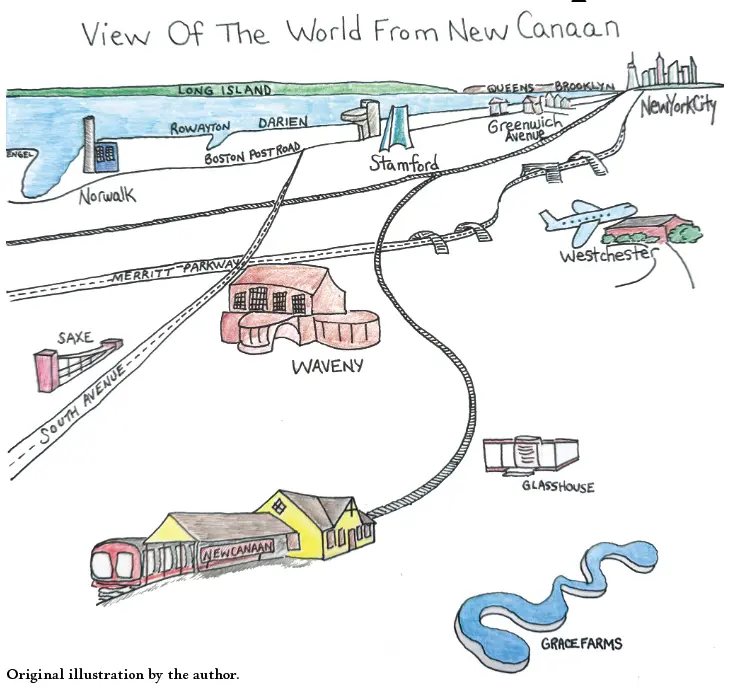By Rev. Gilbert Burgess
Matthew 7:13-14 “Enter through the narrow gate. For wide is the gate and broad is the road that leads to destruction, and many enter through it.
But small is the gate and narrow the road that leads to life, and only a few find it.
Jesus describes two distinct paths in life, by contrasting a wide gate and broad road leading to destruction with a narrow gate and difficult road leading to life which is a narrow path, that is taken by a few, but Jesus directs us to choose on our life journey, the narrow paths that are more challenging, making them less traveled, The broader path is easy, popular, and followed by many.
Jesus highlights for us that the majority following a path does not mean it is the righteous or correct one.
Matthew 7:13-14 Is a call to choose wisely, with the narrow path representing genuine faith and a sacrificial life that leads to eternal life in His Kingdom, He is emphasizing in this passage of scripture that those who will trust and follow Him will face difficulties, but because of their effort and commitment to travel on a narrow path, will ultimately find fulfillment and life in the Kingdom of God.
But those who choose to travel the more popular effortless path of worldly ways will find themselves ruined, because the broad gate or the wide gate, It is characterized by worldly values, personal desires, and a lack of discipline.
The narrow gate, the gate that few find, the path of discipline and commitment, this path leads to eternal life, it is challenging but rewarding.
Two roads, different destinations, two roads, a straight and narrow challenging way, and the more popular frequently traveled. Two roads. Take a moment and consider which road have you chosen, on which road are you traveling?
Here in the fifth chapter of Matthew, on the Mount of Beatitudes, a hill in northern Israel overlooking the Sea of Galilee. Jesus presents a word picture of two roads, explaining to His listeners that in order for them to see and participate in His coming Kingdom a person must have true, inner righteousness, rather than a show of being committed to a code of laws.
He uses the scribes and Pharisees as an example, because they were teaching a kind of works-based salvation, asserting that obedience to the law was how people could be right or righteous in the sight of God, and Jesus in opposition to their teaching says, that unless a person’s righteousness surpassed that of the scribes and Pharisees, that person will not enter the Kingdom of Heaven.
True righteousness, Jesus says is our key to the door of Heavens Eternity, not our going through the motions or being committed to a set of laws, Jesus said in in Matthew 23:2-3 “The teachers of the law and the Pharisees sit in Moses’ seat. 3 So you must be careful to do everything they tell you. But do not do what they do, for they do not practice what they preach.
They knew what was right to do and they knew how to tell people what to do, but often did not do what was right themselves, and their form of righteousness caused problems for the people, their interpretation of the law, their truth was often trumped with a lie.
In Matthew 23:15 Jesus says “Woe to you, teachers of the law and Pharisees, you hypocrites! You travel over land and sea to win a single convert, and when you have succeeded, you make them twice as much a child of hell as you are.
Two roads but they did not choose the right road of travel, Jesus is calling us to make a firm, conscious decision between two vastly different paths and destinations.
Jesus wants us to walk a path of true righteousness, He wants us to enter into the narrow gate by the difficult path that requires self-examination, It’s a path of solitary perseverance, a going against the grain of the masses.
This is a way that leads to the Kingdom of God, the path of true righteousness which is required for kingdom dwelling, falsehood is not permitted. You cannot go along with the crowd, just to get along, You cannot live a lie.
Booker T. Washington said, “A lie doesn’t become truth, wrong doesn’t become right, and evil doesn’t become good, just because it’s accepted by a majority.”
Popular opinion does not define morality or truth, Jesus spoke emphatically against choosing the popular more frequently traveled broad road, He says here in the text, “For wide is the gate and broad is the road that leads to destruction, and many enter through it.
Don’t lie to yourself by thinking you can live by rules and regulations without true inner righteousness.
God’s word and established moral principles are the ultimate measure of truth and righteousness, not public opinion or the number of people who agree, to travel the road less traveled, Jesus said there are two roads, but choose wisely, “For small is the gate and narrow the road that leads to life, and only a few find it”.
Rev. Gilbert Burgess Pastor of Community Baptist Church



